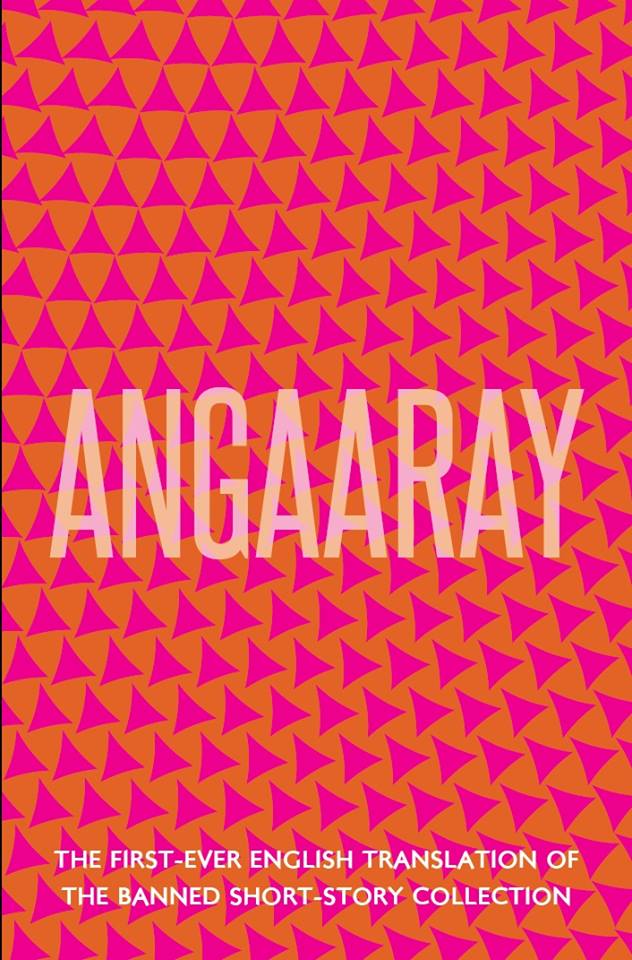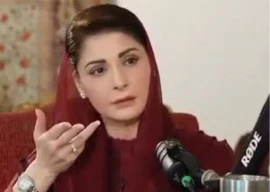
He was speaking at an event organised at Faiz Ghar to discuss the controversial collection. Naeem said Angaarey had stirred a hornet’s nest by challenging the two predominant Muslim narratives prevalent in the subcontinent at the time of its publication. The first of these was inspired by the work and vision of educationist Syed Ahmad Khan that exhorted Muslims to acquire western education and to challenge the British from a vantage point. The other school of thought, led by religious leaders, called on Muslims to return to religion and focus efforts on studying the Quran.
The collection, which includes nine short stories and one play, was authored by Sajjad Zaheer, Rashid Jehan, Ahmed Ali and Mehmuduz Zaman. The collection critiqued British rule in India and exposed double standards of religious leaders in the subcontinent. All the authors had been influenced by Marxist thought at some point in the course of their education.
The book’s publication was met with widespread criticism from religious circles and a fatwa was issued against its writers. Bookshops were not allowed to sell copies of the collection and copies of the collection were consigned to flames. The authors of the collection remained undaunted and refused to tender an apology for their work. Only five copies of the collection survived out of which two made their way to the Oriental Library in London. They subsequently established the Progressive Writers’ Association with the idea of using literature as a means of fostering social change.
Naeem said that the collection was the first work that had employed this style of writing in a vernacular language. He said this had left an indelible mark on literature indigenous to the subcontinent. Some of the most influential writers from the subcontinent including Urdu writers Munshi Premchand and Ismat Chughtai were associated with the movement.
An English translation of the collection was released by Penguin Books India and Rupa Publications in 2014.
Published in The Express Tribune, January 16th, 2015.

















COMMENTS
Comments are moderated and generally will be posted if they are on-topic and not abusive.
For more information, please see our Comments FAQ